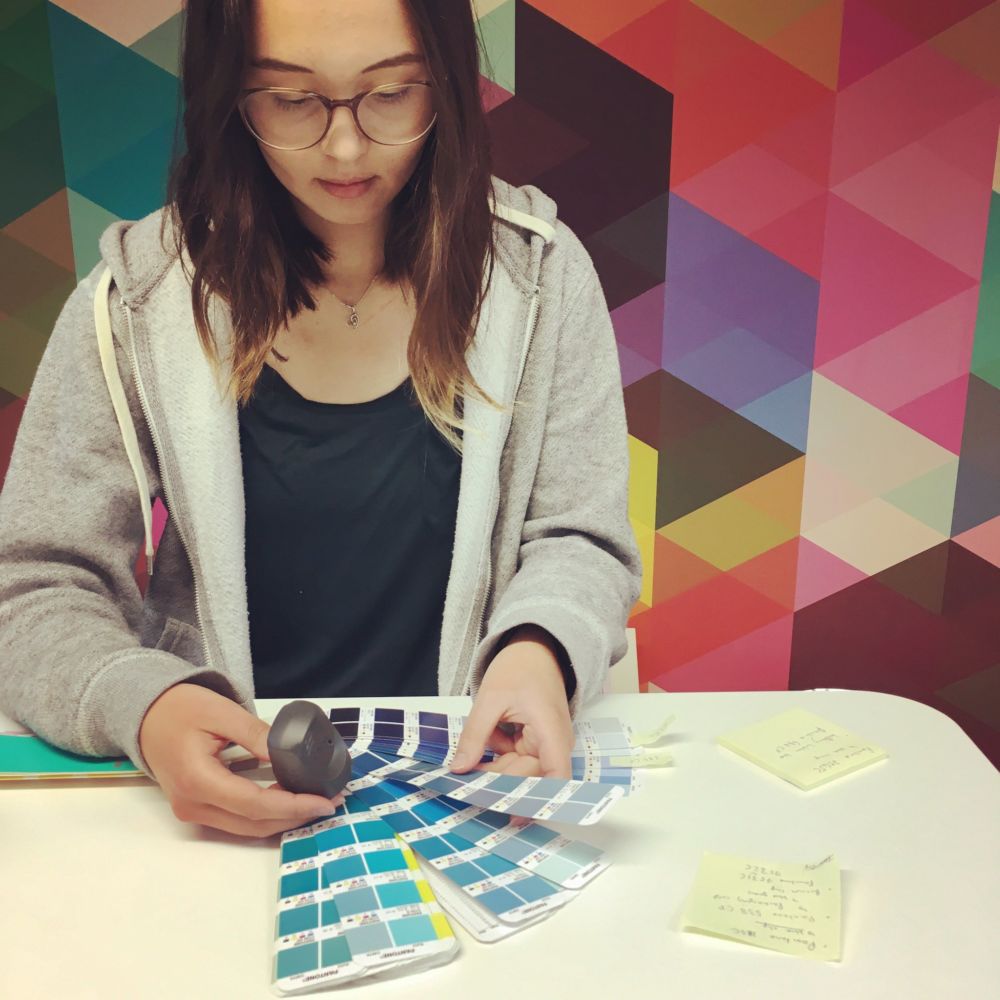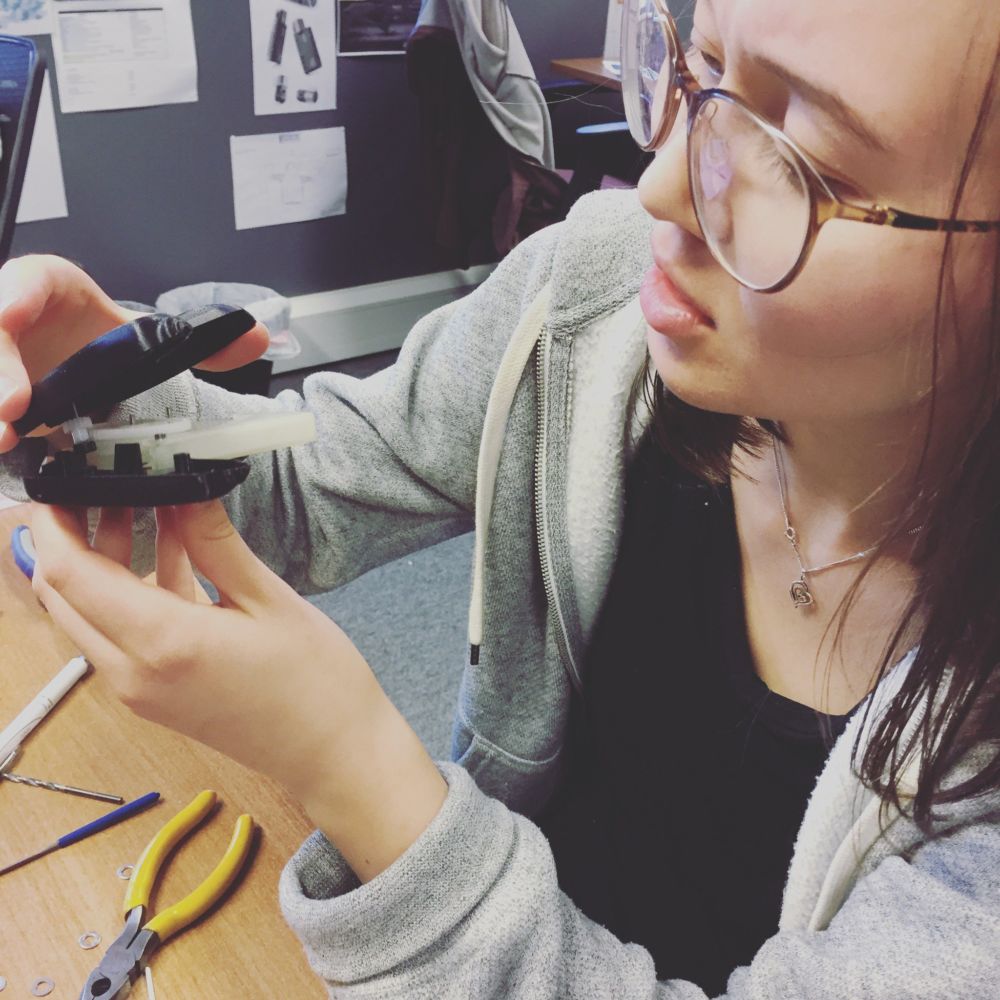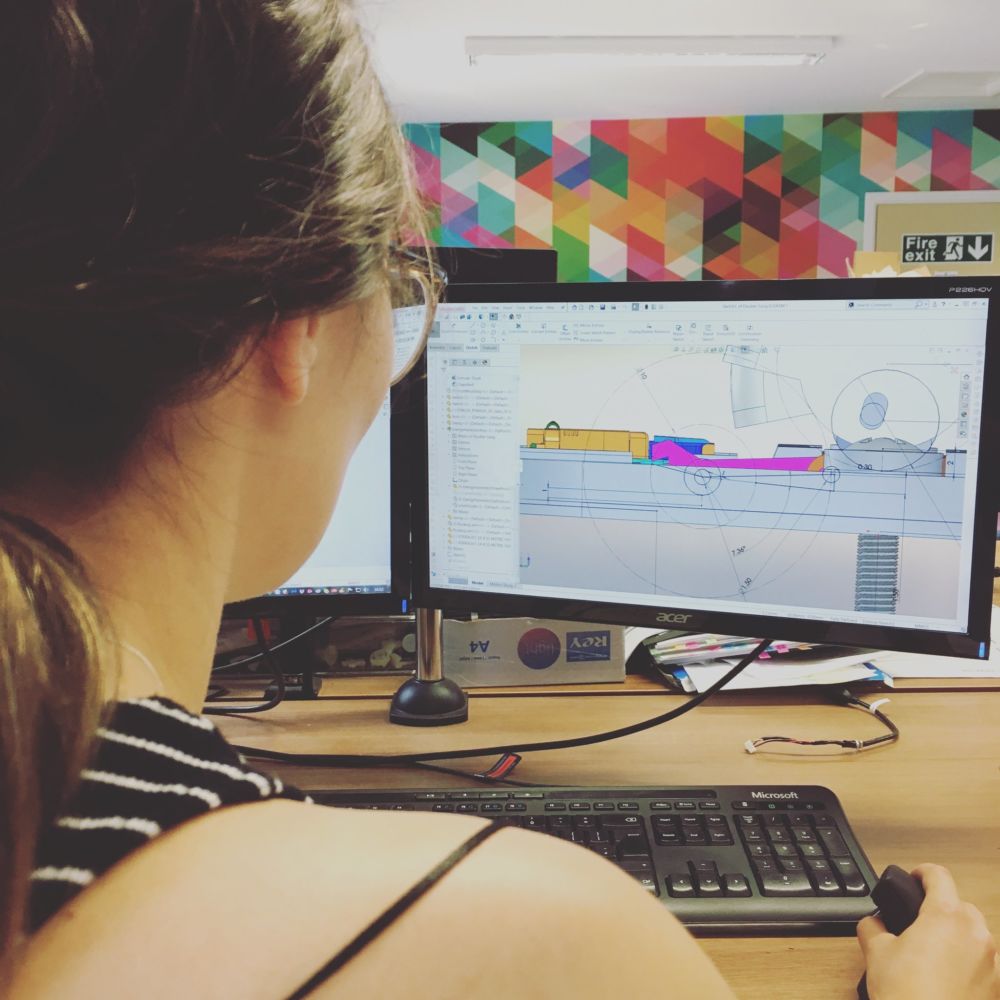Lucy joined Centreline last year as a Product Design for Manufacture graduate from Nottingham University.
In this blog, Lucy writes about what she’s learnt from her first year in industry.
1. Team is the greatest resource
Without a doubt, the knowledge and skills of the team you are working in is the greatest resource. Most of everything I have learnt so far at work has come from the team I work alongside. Everyone has different skill sets and so learning from everyone is the best way of improving your own skills.
2. Communication
During the first year of learning, it’s really important to not be afraid to ask for help. This point was repeated many times to me during my first few weeks, and but in reality it can still be a hard obstacle to overcome. Working in a fast paced environment can mean that everyone is very busy all the time, and that accompanied with a dislike of bothering people means that it can sometimes be difficult to interrupt people from their work. But time spent worrying about whether or not you should ask someone for help is time wasted. The more you ask, the faster you learn and ultimately will result in you not requiring as much help later on.
3. The process can vary as much as the project
When I was at University, we were expected to go through a certain process and tick all the boxes. In industry efficiency is key, and so it’s not about ticking boxes and following a procedure for the sake of it but trying to create the best outcome as efficiently as possible. Sometimes projects require a lot of sketching or a lot of research and sometimes it’s best to jump straight into CAD. There are so many different projects out there and so many different ways of designing. It is not a one box fits all industry and part of the learning curve is developing the intuitiveness to know what methods and skills are most suited for which projects. So when you receive a brief you know just how you’re going to approach it.
4. Confidence in your ideas
When you’re surrounded by a talented team with so much more experience than you it’s not always easy to have confidence in what you think a good direction is. A lot of the time when others challenge you on a direction, it’s not because they don’t think it’s worth considering, it’s often about doing more to communicate that idea and to prove it’s worth pursuing.
5. Design never ends
On every project, you never feel like you have done enough. You can always do more, and the limiting factor is always time. You never feel like the end result is perfect because in reality design never ends. At university you could often spend a lot of time mulling over design directions and in industry it’s about developing the confidence to make fast and well informed decisions with the help of the team. The less you over-think, the more time you have to spend designing and designing well, all within the time frames given.
6. Manufacturing is key
Working at a design and manufacturing consultancy has meant that the importance of designing for manufacture has been heavily emphasised, and for good reason. Without good manufacturing principles your designs are just ideas, designing them to be made is what makes them real. Designing with manufacture in mind reduces production costs, and addresses potential mistakes in the design phase rather than the manufacturing stage where mistakes can be very expensive to fix.



